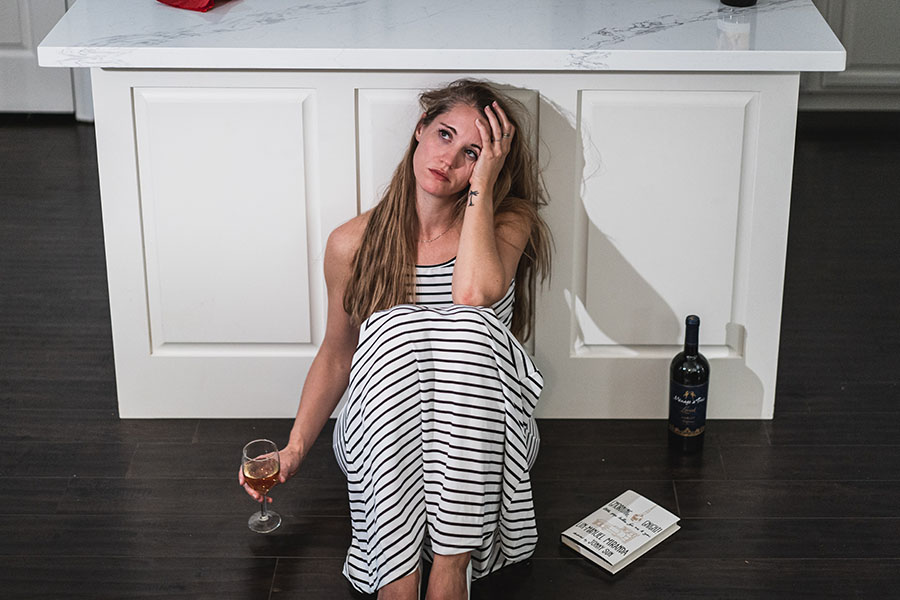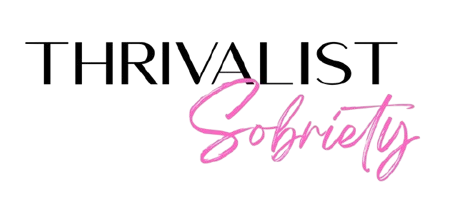
Alcohol & Anxiety – The Chicken or the egg?
In this blog Lucy explains the link between alcohol and anxiety, and describes how her own anxiety has all but evaporated since removing alcohol from her life.
For years I blamed my anxiety on everything else other than the very thing that was aggravating it – alcohol. I invested thousands of dollars into trying to feel ‘normal’. From psychologists to naturopaths, hypnotists, healers, chiropractors, acupuncturists (the list goes on) plus going on and off antidepressants, I gave it all 100%. However, I was never willing or ready to admit to myself that alcohol may have been behind the constant feeling of dread that sat niggling at me from under my rib cage.
I have been medically diagnosed with Generalised Anxiety Disorder (GAD), however, at the time I was diagnosed I was in the midst of my binge drinking and drug taking party phase. I was having regular panic attacks and living with a steady feeling of fear and dread. As I sit here now 20 months sober, I have to really dig deep to try and remember the last time I felt anxious (I am talking about real anxiety, not just the jitters I felt while I waited for my Covid result!). And I genuinely cannot remember my last bout of anxiety. How can someone who has GAD not remember the last time they felt anxious?
Research now tells us that alcohol doesn’t just aggravate but can also cause anxiety in people who have alcohol use disorders. So like a chicken and egg scenario, people are driving themselves into the dreaded alcohol trap where they end up drinking to relieve the very anxiety that they have given themselves because of their drinking.
I am in no way saying that the only cause of Anxiety is drug and alcohol abuse. But on a personal level I am wondering, did I ever really have anxiety, or was it my alcohol use and abuse that gave it to me?
So how does alcohol aggravate and worsen anxiety?
Alcohol is a depressant that temporarily anesthetises and relaxes you, however, your brain and nervous system responds to the anesthetising effects by releasing stimulants (mainly cortisol and adrenaline) so that you stay partially alert and awake. Once the alcohol has worn off, the stimulants are still surging through your body, leaving you feeling more anxious and stressed than before you drank!
Alcohol also messes with our natural balance of the wonderful feel-good chemical – serotonin. While alcohol will boost your serotonin levels and make you feel good temporarily while you drink, over the longer term, your serotonin levels plus other neurotransmitters in the brain are being depleted, worsening your anxiety.
What can you do to help your anxiety?
If you do suffer from anxiety and you also have an Alcohol Use Disorder (AUD) (read our blog on how to diagnose whether you have an AUD here) the best first place to start is by taking a break from alcohol. If you’re not ready to commit to sobriety just yet, why not commit to taking a period of time off, investing in yourself by doing the sober work (download our guide on How to Change your relationship to Alcohol Right Now here) and sign up to our 8-week Online Sobriety Course Thrivalist here – Past students are telling us that the course and their sobriety has been a game changer in relation to reducing and even eradicating anxiety.
Why not try it out for yourself and see whether your anxiety is being aggravated by your alcohol consumption? You can join our programs anytime.

Post a comment